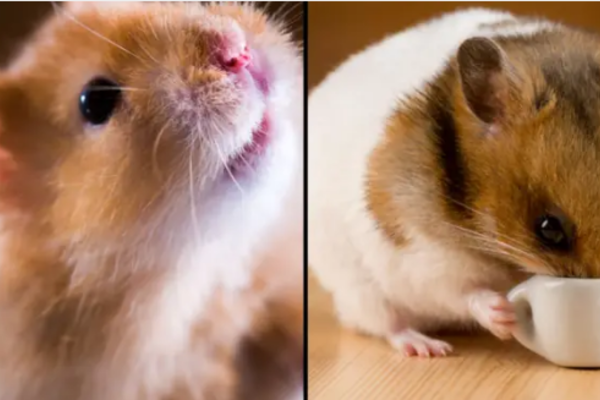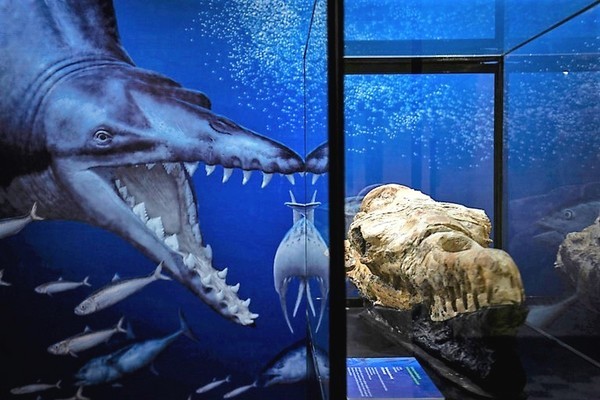Scientist is shocked when an experiment accidentally causes hamsters to ‘change their behavior’
May 24, 2022 18:38 GMT+7
Researchers at Georgia State University, USA are shocked after a gene-editing experiment makes hamsters more aggressive.
Researchers at Georgia State University, USA have just discovered the results after gene editing experiments on hamsters that shocked themselves and many people.
 |
| Gene editing experiment makes hamsters more aggressive |
The gene-editing experiment has transformed the normally benign hamsters in both appearance and personality. Accordingly, hamsters have thicker hair and become more aggressive towards individuals of the same sex. This shows up in both males and females, erasing the tendency for males to be more aggressive than females.
The team used CRISPR technology to block a certain neurochemical signaling pathway and found that the animals’ social behaviors changed.
H. Elliott Albers, a professor of neuroscience, and the study’s author hypothesized that by changing a certain branch of the brain, the behavior of mice would change in a more positive direction.
However, H. Elliott Albers and team were wrong, they were shocked when the results were completely opposite when the hamsters were more playful, much more aggressive.
“We were really surprised by the results,” he said. We initially expected the modification to help the hamster become more benign, but the opposite happened.
Researchers often choose hamsters for experiments because their neural organization is somewhat similar to humans. In this case, their stress response is similar to that of humans, producing the hormone cortisol when stressed.
Previously, the researchers exploited the gene-editing tool CRISPR to create litters of mice of only one sex. This technique is expected to bring many benefits to agriculture in the future.
Or like wanting to study animals living in temperate climates that may have a longer life, scientists also chose hamsters. They put the hamsters in a high temperature environment of about 32.5 degrees Celsius and found that metabolism decreased as body temperature increased.
The results showed that the lifespan of hamsters living in high temperature environments decreased compared with hamsters living in an environment of about 21 degrees Celsius, with a reduction of 41% for males and 28% for children. female.
This is also a mouse that many people love to choose as a pet. Hamsters have two main groups of preferences: dwarf hamsters from the grasslands and semi-deserts of Asia and the yellow-haired Syrian hamster.
Hoang Dung (translation summary)
at Blogtuan.info – Source: infonet.vietnamnet.vn – Read the original article here



Мисс Марвел 1 сезон. смотреть онлайн Сериал Мисс Марвел 1 сезон смотреть онлайн все серии подряд в хорошем качестве hd 1080 Мисс Марвел (сериал). Смотреть онлайн
Фільми українською в хорошій якості
– онлайн без реклами скачати фільм Найкращі українські фільми 2022 року